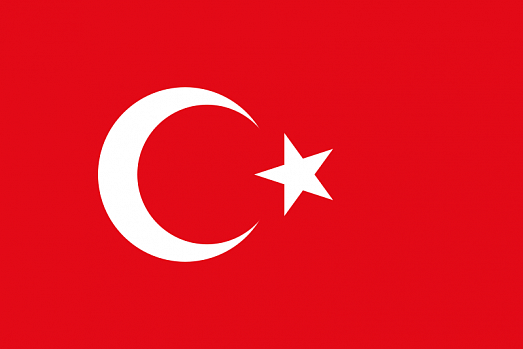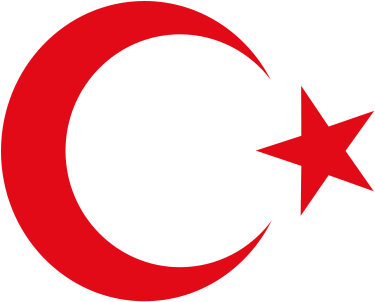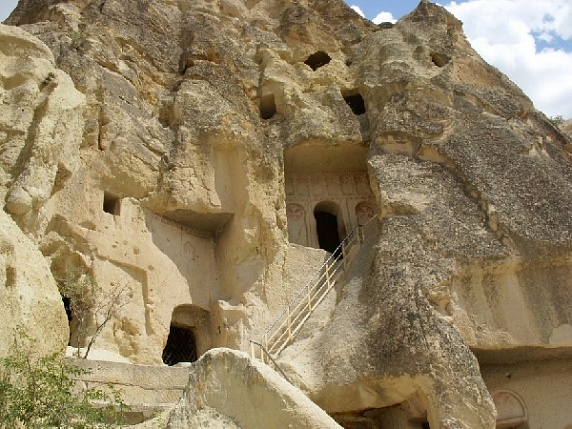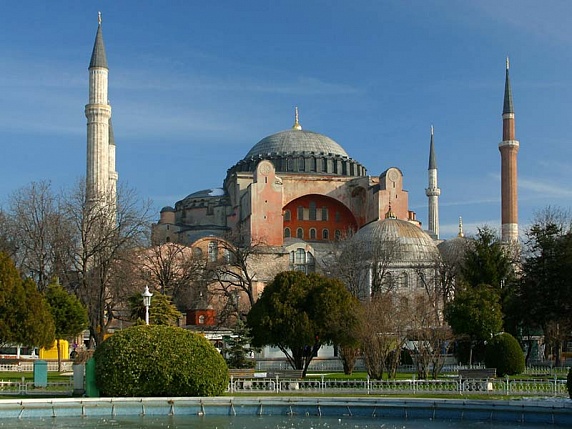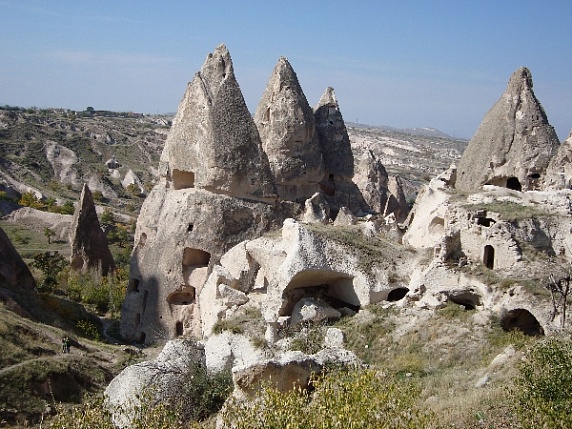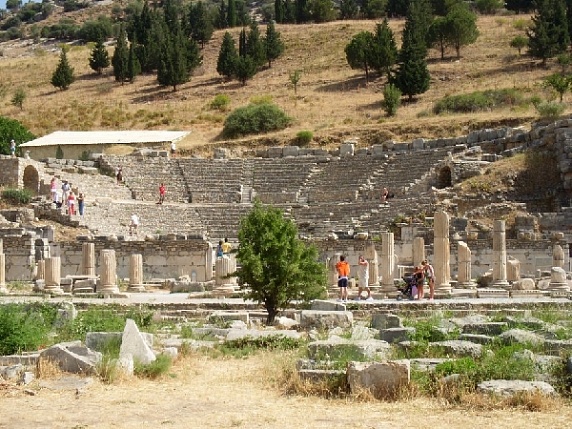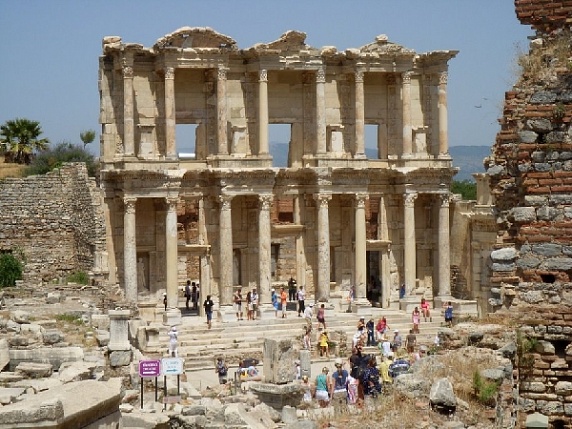 Турецкая Республика
Турецкая Республика
Foreign Minister Sergey Lavrov’s remarks and answers to media questions during a news conference following talks with Foreign Minister of Armenia Zohrab Mnatsakanyan, Moscow, October 12, 2020
Ladies and gentlemen,
I am happy to welcome Foreign Minister of Armenia Zohrab Mnatsakanyan, who is on an official visit to Moscow. His visit was planned some time ago – as a gesture of response after my talks and meeting with him in Yerevan in November 2019, and also with a view to reconfirming our positions on all aspects of our relations, including bilateral, regional and international issues.
That said, we met just two days ago in Moscow at the trilateral meeting of the foreign ministers of Armenia, Azerbaijan and Russia, which was held at the proposal of President of Russia Vladimir Putin due to the sharp aggravation of the Nagorno-Karabakh conflict.
Since the very first exchange of strikes, Russia has been doing all it can, both in the bilateral format and as a member of the OSCE Minsk Group, for an immediate de-escalation of the conflict and a return to the negotiating table. The presidents of the three co-chairs of the OSCE Minsk Group adopted a joint statement. The foreign ministers of the co-chairs made a trilateral statement. The special representatives for Karabakh settlement issued a statement as well. After a series of telephone conversations with President of Azerbaijan Ilham Aliyev and Prime Minister of Armenia Nikol Pashinyan, President of Russia Vladimir Putin proposed an initiative for a ceasefire for humanitarian reasons and talks on all aspects of a settlement.
On October 9-10, Moscow hosted a trilateral meeting of the foreign ministers of Russia, Azerbaijan and Armenia, which made it possible to reach a ceasefire agreement with a subsequent resumption of talks with OSCE Minsk Group mediation. This was published and distributed at the UN and the OSCE. We hope the adopted decisions will be strictly fulfilled by both parties.
Today, we discussed these issues in detail and exchanged views on the next steps. This does not mean that the problems will be resolved quickly or simultaneously. We understand that a political negotiating process is required, but it would be a mistake to delay the resumption of this process. As far as we know from our Armenian friends, the next steps will be discussed at a meeting between Foreign Minister of Armenia Zohrab Mnatsakanyan and the co-chairs of the OSCE Minsk Group.
Bilateral issues made a significant part of our talks today. We maintain a dynamic political dialogue, including at the highest and high levels. Under inevitable coronavirus restrictions, we managed to foster our contacts via distance format. Russian President Vladimir Putin and Armenian Prime Minister Nikol Pashinyan have already talked seven times this year, according to our records. And the heads of government have managed to meet in person three times. On October 9, Prime Minister Mikhail Mishustin completed his trip to Yerevan for a meeting of the Eurasian Intergovernmental Council whereby he met with Nikol Pashinyan.
In the midst of this global disaster, the COVID-19 pandemic, our countries once again display a paragon of fraternal and allied interaction. At our Armenian friends’ request, we have provided test kits and reagents, as well as medical equipment, without charge. Virologists from the Russian Ministry of Defence have been working in Armenia since April of this year under an agreement reached at the highest level.
We worked closely to help each other return our citizens who were stranded abroad at the height of the pandemic. Almost 10,000 people returned to Russia on 79 so-called evacuation flights from Armenia.
Based on last year’s results, we see that trade has increased by a record 26 percent, up to $2.5 billion. In spite of the general decline in the world economy caused by the pandemic, we have managed to avoid a drop in trading volume this year. In the first seven months of 2020, trade has been practically the same compared to the same period last year. With Armenian Foreign Minister Zohrab Mnatsakanyan, we have agreed that our foreign ministries will assist in measures which promote trade, economic and region-to-region cooperation. This includes the 20th anniversary meeting of the Russian-Armenian Intergovernmental Commission on Economic Cooperation in Yerevan, after the lockdown is lifted. As soon as the epidemiological situation permits, we will also hold the Eighth Russian-Armenian Inter-Regional Forum with delegations from dozens of Russian and Armenian regions.
In terms of cultural and humanitarian cooperation, we are satisfied with the programme of cooperation between our ministries of culture for 2019-2021. We are gratified that 2020 has been proclaimed the Year of Alexander Griboyedov in Armenia.
We consider Russian language studies in the Republic of Armenia important. Six affiliates of Russian universities and Russian-Armenian University operate in Armenia. In all, over 3,500 students study there. Armenian citizens are given Russian grants to study at Russian universities (about 200 grants every year). In all, more than 5,000 Armenian citizens study at Russian universities, including over 2,000 under Russian federal grants. About 2,000 Armenian students attend Russian secondary vocational schools.
We also discussed the international agenda – the range of foreign policy cooperation in the EAEU, CSTO and the CIS and the coordination of positions in the UN, the OSCE, the Council of Europe and the Organisation of Black Sea Economic Cooperation (BSEC). We reviewed the plan for consultations between the Russian and Armenian foreign ministries for 2020-2021, which allows us to clearly compare and coordinate our foreign policy moves.
The talks were constructive and trust-based. I am grateful to my colleague and his delegation. The results of this meeting will help us further develop the allied relations between Russia and Armenia and create an atmosphere of sustainable partnership and confidence, which are needed in our uneasy times.
Question: After Azerbaijan’s strong aggression against Artsakh, which was accompanied by the deliberate targeting of civilian residential areas, the population and the infrastructure, when so many cities and facilities have been destroyed, as Foreign Minister of Armenia Zohrab Mnatsakanyan noted, what course can the process for a peaceful settlement assume? How can earlier drafted options be developed? Or will we have to follow a completely new course?
Sergei Lavrov: “We will follow” – who do you mean? We and Foreign Minister of Armenia Zohrab Mnatsakanyan reaffirmed in our opening statements our commitment to the agreement reached on Saturday night. This agreement clearly states the need for an immediate ceasefire for humanitarian reasons and monitoring it. The sides are to exchange prisoners, detainees, and the bodies of the dead, and start a resumption of the political process under the co-chairs of the OSCE Minsk Group in line with the principles of settlement that were drafted in this framework. This is the position of Russia and Armenia. If you are suggesting that “we will follow” a different course, I would like to understand whom you mean by “we.”
Question: What will Russia do as a mediator in monitoring the full-scale implementation of the agreements reached overnight on October 9 and 10 of this year?
Sergey Lavrov: I will confirm that the issues of monitoring compliance with this ceasefire are very important. Verification or ensuring control of the ceasefire “on the ground” was discussed in President Vladimir Putin’s telephone conversations with his colleagues in Baku and Yerevan before the Moscow meeting of the three foreign ministers. As you know, in our joint statement, adopted overnight of October 10, we made a special point that the mechanisms of control over a ceasefire would be drafted separately.
Obviously, the drafting of these verification mechanisms cannot be delayed, considering the serious nature of the situation in Nagorno-Karabakh and around it, the urgent problems of prisoners and detainees and the need to return the remains of the deceased to their families, relatives and friends. The work on these issues is going on with Russia’s participation, and with the co-chairs rendering feasible assistance. The International Committee of the Red Cross, with which we are also in contact, is ready to join these efforts as soon as the situation “on the ground” is stabilised.
As for Russia’s continuing participation in the settlement process, we will be actively involved in this, both as one of the third co-chairs of the OSCE Minsk Group and simply as a close ally and strategic partner of our neighbours. I think that our joint overnight vigil, which produced a very important document, was not in vain and we will still be able to overcome the situation “on the ground” very soon. At any rate, we are interested in this just as much as the confronting sides “on the ground” are.
Question (to both ministers): President of Azerbaijan Ilham Aliyev said that Turkey must play a more active role in settling the conflict both in the framework of the OSCE Minsk Group and in other formats. Do you think Turkey’s more active involvement in the OSCE Minsk Group will facilitate a peaceful settlement, and how would it do this? Is it possible to discuss any new format given that, following the Moscow talks, both Azerbaijan and Armenia reaffirmed their commitment to the invariability of the format for the talks?
Question (to Sergey Lavrov): Mr Lavrov, does Russia continue to maintain contact with Turkey on this issue? What is Turkey’s position on it?
Sergey Lavrov: You are right; you answered your own question by saying that the joint statement reaffirms the invariability of the negotiating format. The OSCE Minsk Group brings many countries together, but it delegated the authority to conduct talks and to mediate to the three co-chairs: Russia, the US and France. All statements made recently by the world’s capitals emphasise the commitment to the mandate of the three co-chairs. This is what we are involved in today with our French and American colleagues, whose special representatives are now in Moscow. They will meet with Zohrab Mnatsakanyan. Last Thursday, they met with Foreign Minister of Azerbaijan Jeyhun Bairamov in Geneva.
In addition to the invariable negotiating principles and formats, we confirmed in the trilateral statement our commitment to further efforts to reach a political settlement based on the principles drafted with the participation of the co-chairs. I would like to emphasise that President of Azerbaijan Ilham Aliyev welcomed the Moscow agreements reached during our overnight work.
Replying to the question about our contacts with our Turkish colleagues, I will say that I contacted Turkish Foreign Minister Mevlut Cavusoglu and told him that we rely on the support for our efforts. On Sunday, we spoke again by telephone and he confirmed the support of the Moscow document. Now, we need to make it work in real life. This is what we are doing how.
